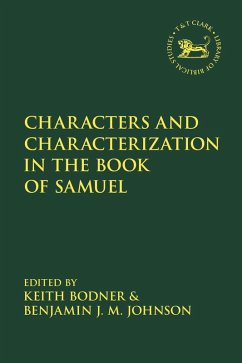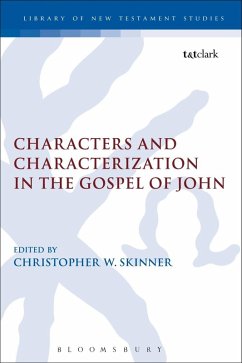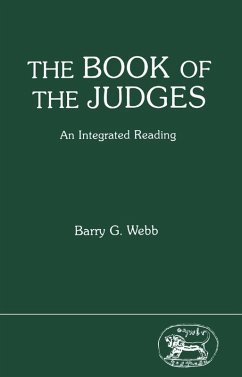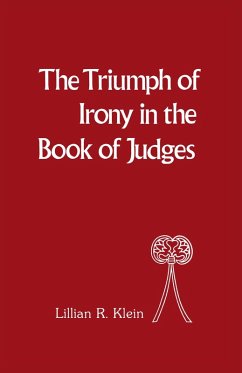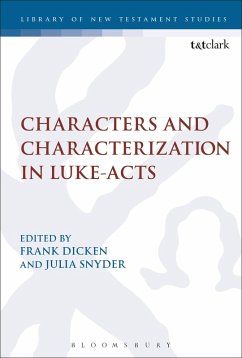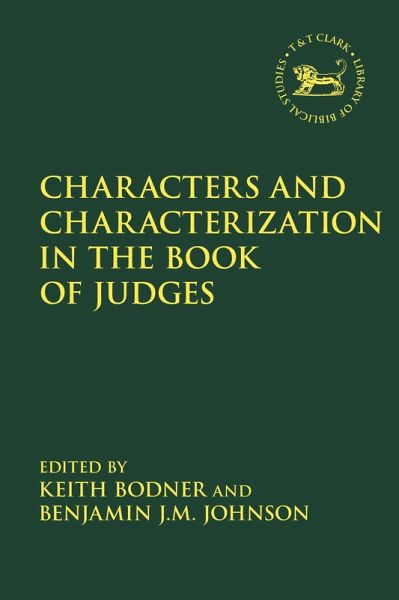
Characters and Characterization in the Book of Judges (eBook, PDF)

PAYBACK Punkte
35 °P sammeln!
In the Book of Judges, why, if we view Samson as a heroic Übermensch, do we read his story one way, yet if we read him as a buffoonish and violent oaf, we read the story another way? How does our assessment of the characters of a story, our empathy with them or suspicion of them, shape the way we read it? This book addresses these questions by analyzing the complex characterization in the Book of Judges, paying attention to an often neglected but important area of study in the Hebrew Bible. Its international group of contributors explore the implications of characterization on storytelling, s...
In the Book of Judges, why, if we view Samson as a heroic Übermensch, do we read his story one way, yet if we read him as a buffoonish and violent oaf, we read the story another way? How does our assessment of the characters of a story, our empathy with them or suspicion of them, shape the way we read it? This book addresses these questions by analyzing the complex characterization in the Book of Judges, paying attention to an often neglected but important area of study in the Hebrew Bible. Its international group of contributors explore the implications of characterization on storytelling, situating their contributions within the context of literary studies of the Hebrew Bible, and offering multiple perspectives on the many and various characters one encounters in the Book of Judges. Chapters examine a range of topics, including the relationship between humor, characterization and theology in Judges; the intersection of characterization and ethics through the story of the story of Jephthah's daughter; why the 'trickster hero' Ehud disturbs interpreters; and the ways in which Abimelech's characterization affects the key narrative themes of succession and kingship in his story.





